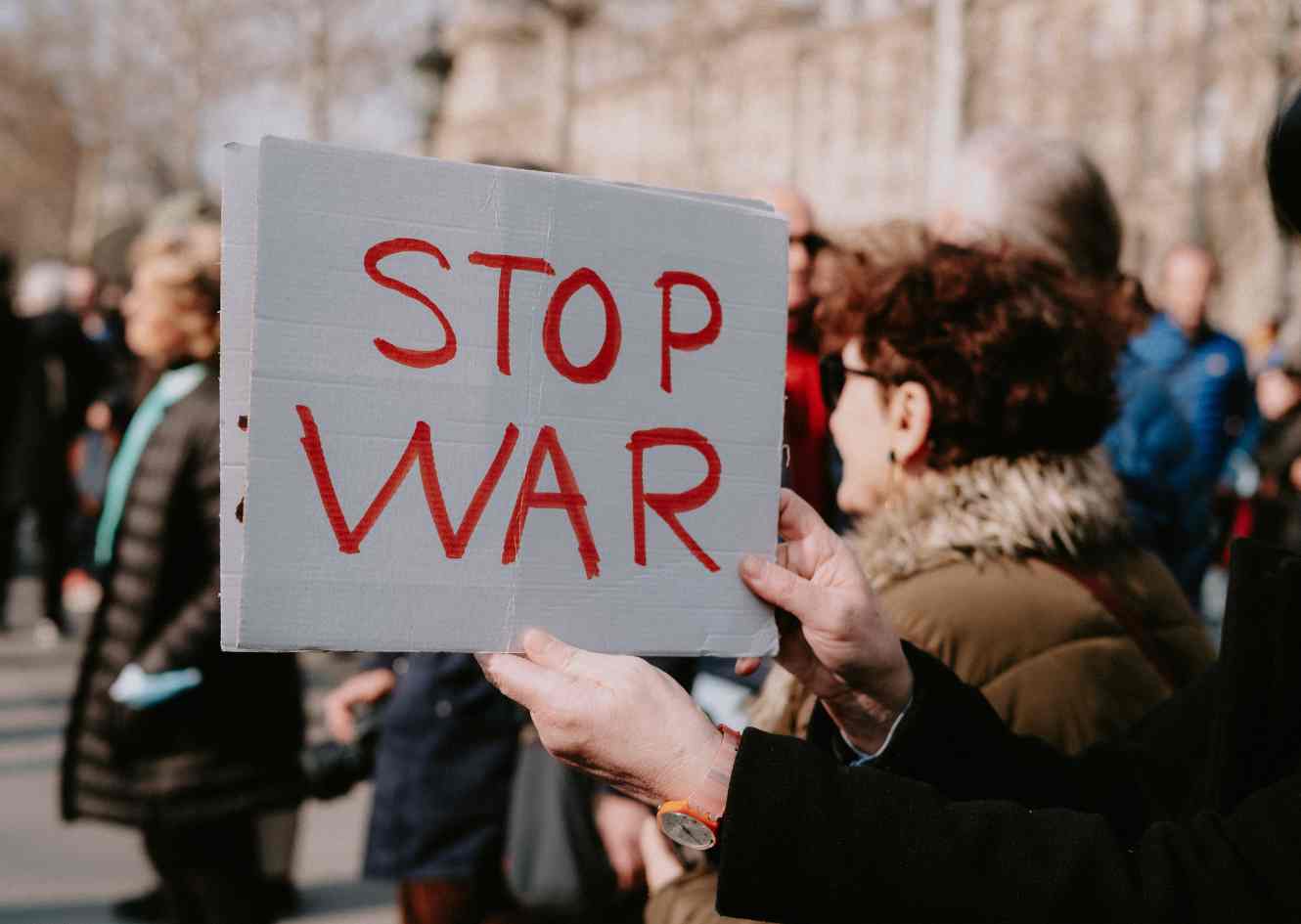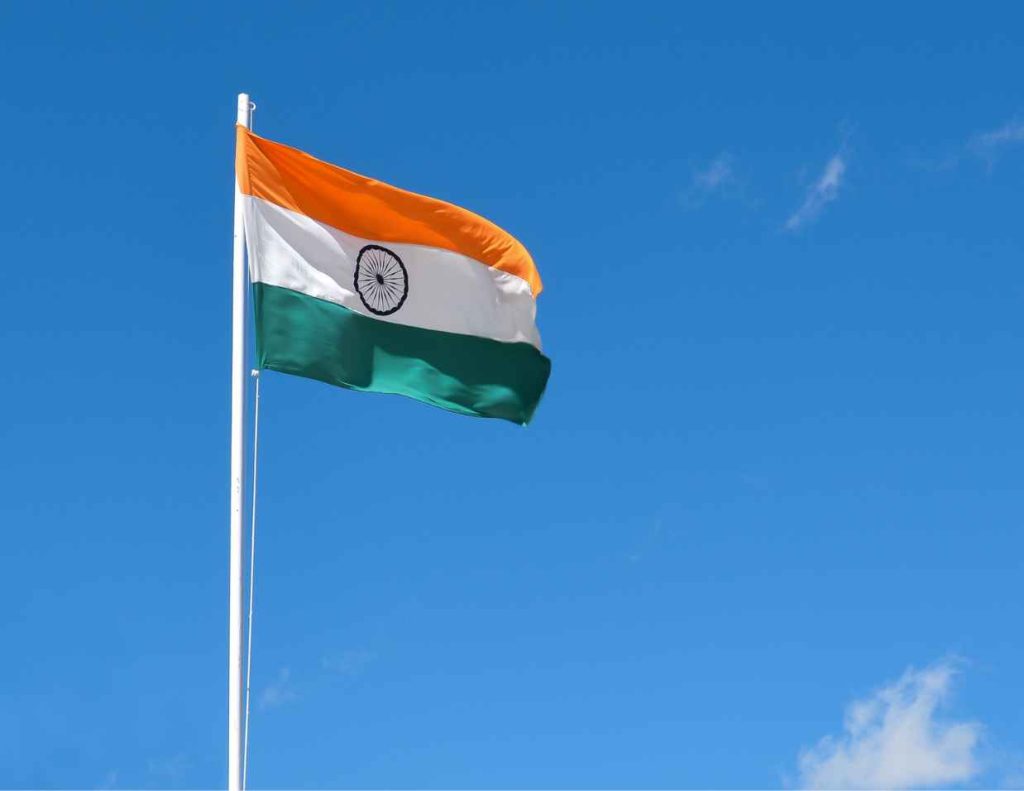India Can Help Resolve The Israel Palestine Conflict

Prime Minister Narendra Modi, with his diplomatic acumen and adept leadership, is capable of contributing to the complex and sensitive Israel-Palestine dialogue. His robust foreign policy and India’s historic relationships with conflicting parties offer a unique platform.
India’s Relationship With Israel
Under Modi’s leadership, India has fortified its ties with Israel. These enhanced relations can establish candid conversations where India can voice its concerns about the conflict and urge restraint.
The India-Israel relationship has witnessed a remarkable transformation over the decades. From a phase of circumspection and restrained diplomatic ties, the two nations have burgeoned into strategic partners, collaborating in diverse sectors.
India recognized Israel as a sovereign nation in 1950. However, full diplomatic ties were not established until 1992. This cautious approach was influenced by India’s foreign policy alignments, its support for the Palestinian cause, and sensitivities concerning its relationships with Arab nations. In 1992, establishing embassies in both countries marked a significant leap, laying the groundwork for enhanced bilateral relations.
One of the most striking features of the India-Israel partnership is the collaboration in defense and security. Israel is one of India’s top arms suppliers, providing cutting-edge technology and weaponry. Joint military exercises, intelligence sharing, and counter-terrorism collaborations underscore this strategic partnership.
Additionally, India has immensely benefited from Israel’s advanced agricultural technologies. Initiatives like the Indo-Israel Agricultural Project (IIAP) focus on horticulture, floriculture, and water management, enhancing productivity and sustainability.
Israel’s prowess in innovation and technology has fostered collaborations in cybersecurity, IT, and the digital domain. The joint innovation fund initiative is a testament to the countries’ commitment to nurturing innovation ecosystems. Partnerships in healthcare, particularly during the COVID-19 pandemic, have seen the exchange of technologies, expertise, and medical supplies.
Prime Minister Narendra Modi’s historic visit to Israel in 2017 marked a new chapter. It underscored the transition from restrained engagement to a robust strategic partnership. The reciprocal visit by Israeli Prime Minister Benjamin Netanyahu to India further cemented these ties.
Beyond the strategic and economic realms, cultural exchanges, tourism, and people-to-people connections have added vibrancy to the bilateral relationship. The recognition and celebration of Jewish heritage in India and the contributions of the Indian diaspora in Israel have enriched these cultural ties.
On the international stage, India and Israel have supported each other in various forums. While India has been cautious about balancing its relationships in the Middle East, the nuanced diplomatic engagements reflect a mature, multidimensional partnership.
India’s Relationship With Palestine
India’s longstanding support for the Palestinian cause gives Modi the credibility to engage Palestinian leadership in dialogue, emphasizing the necessity for non-violence and diplomatic engagement.
India’s engagement with Palestine has been steeped in a history of solidarity, mutual respect, and support for the Palestinian aspiration of nationhood. While rooted in the principles of non-alignment and anti-colonialism, India-Palestine relations have evolved to navigate the complexities of regional and international geopolitics.
India consistently supported Palestinian self-determination in the post-independence era at international forums like the United Nations. It was a prominent voice within the Non-Aligned Movement advocating for Palestinian rights. India was among the first countries to recognize the Palestine Liberation Organization (PLO) as the legitimate representative of the Palestinian people and later, in 1988, recognized the State of Palestine.
The visits of Palestinian leaders to India and the historic visit of Indian Prime Minister Narendra Modi to Palestine have underscored the personal diplomacy and warmth that characterize these ties.
India’s enhanced engagement with Israel has added a layer of complexity to its relations with Palestine. However, India has maintained a balanced approach, reiterating its support for the two-state solution and the Palestinian quest for dignity and justice. India continues to advocate for a negotiated and peaceful resolution to the Israeli-Palestinian conflict at international forums, echoing the principles of justice, dignity, and international law.
As India navigates the multifaceted geopolitical landscape of the Middle East, its engagement with Palestine is expected to incorporate strategic, economic, and developmental dimensions, fostering a robust and multidimensional partnership.
Diplomatic Mediation for Israel Palestine Resolution
Modi’s diplomatic persona allows him the leverage to mediate dialogues between the conflicting parties. Modi can advocate for peaceful coexistence, leveraging India’s non-aligned status and reinforcing international laws and UN resolutions.
Modi’s robust ties with the Arab world can be a significant asset. By aligning with Arab nations, Modi can help foster a regional consensus that supports peace and opposes any unilateral action detrimental to resolving the conflict. A strengthened India-US partnership under Modi’s leadership can be instrumental. By collaborating with the US, efforts can be magnified to pressure both parties into negotiations and peace talks.
India’s role in the UN offers Modi a global platform to voice India’s stance and contribute to international efforts aimed at peace. India’s advocacy for a two-state solution can be reemphasized, promoting dialogue and negotiations. Modi can initiate or support international initiatives promoting interfaith harmony and understanding. Such efforts can reduce animosities and build bridges of peace amidst the divided communities.
Prime Minister Narendra Modi’s potential role in de-escalating the Israel-Palestine conflict lies in a nuanced approach, threading the fine line of diplomatic balance and leveraging international alliances. Through direct engagements, international collaborations, and persistent advocacy for peace and dialogue, Modi can contribute to steering the narrative away from violence and towards a future where coexistence is a possibility and a lived reality in the Israel-Palestine landscape. If played with precision, each move on this diplomatic chessboard can contribute to a narrative of peace, echoing India’s longstanding ethos of ‘Vasudhaiva Kutumbakam’ – the world is one family.
